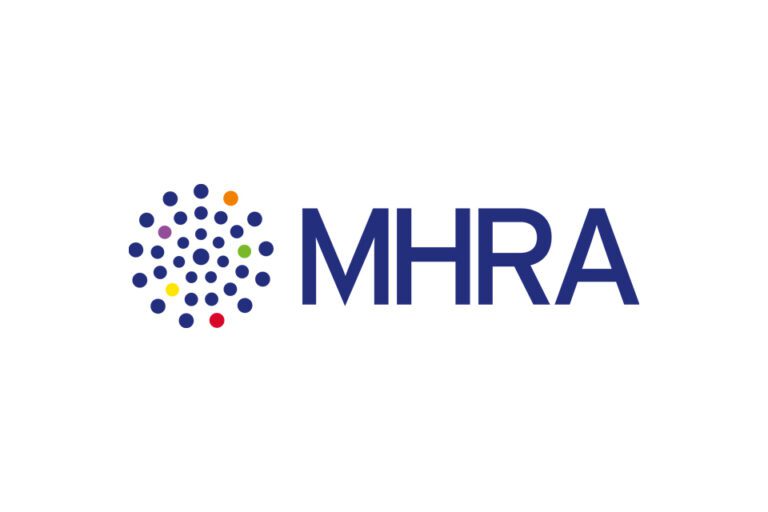Below is a reproduction of the letter Debi Evans received from Andy Moring, the UK medicines regulator. MHRAas discussed in UK Column News on 7 December 2022 (from 16:11).
The artificial intelligence tools purchased by the MHRA, which are the subject of some of the letters below, are: Coverage by Healthcare IT News November 4, 2020, “Pharmaceuticals and Healthcare” (product) The regulator (MHRA) has awarded Genpact UK a £1.5 million tender to develop an AI tool to sift through the large number of reports of adverse reactions to coronavirus vaccines. ”
The MHRA's practical use of AI tools, described by Andy Morling below, can be described, in layman's terms, as filling in the blanks for yellow card submissions.
References: CEO 19398, CEC 125028
December 2, 2022
Dear Mr. Evans,
COVID-19 vaccine
Thank you for attending the MHRA's public board meeting in November 2022 and submitting your questions. This question asks what mechanisms are in place to address expected adverse events with COVID-19 vaccines and whether the MHRA is considering approving Moderna's COVID-19 vaccine. It was a question. For babies aged 6 months. Due to the large number of questions we receive, we often cannot answer all of them during the session, but we would be happy to answer any points you may have. We have also provided additional information at the end of this letter in response to questions from the Board within the chat feature. As this relates to vaccine support for those injured, we want you to be reassured that patient safety is our top priority.
Regarding your first question, we always have a proactive strategy in place for any new mass vaccination drive in the UK, and the COVID-19 vaccine is no exception. Like all medicines, vaccines can also cause side effects. Most are mild and short-lived, and not everyone is affected. Some side effects may become apparent if more people use the drug than participated in the clinical trial.
The expected volume of suspected adverse drug reaction (ADR) reports for the COVID-19 vaccination program was estimated from a number of previous vaccination campaigns. We acknowledged that the actual number reported will depend on a variety of factors, including number of doses and concomitant treatments (e.g., fever management). Our experience so far with other new vaccination campaigns is that people tend to get one shot. yellow card report Therefore, we have prepared a monitoring system on that basis. It is important to note that a report of a suspected side effect is not evidence that the vaccine caused the side effect, but rather a suspicion by the person reporting it.
We have developed a variety of resources and technologies to support active vigilance in the COVID-19 vaccination program. The use of artificial intelligence (AI) was one of the elements. We take all reports of suspected side effects seriously and combined a review of reports of adverse events of particular interest with statistical analysis of de-identified clinical records. This particular AI tool was chosen for COVID-19 vaccine surveillance due to the potential size and scale of vaccination campaigns. This tool was not used to evaluate yellow card data (emphasis added)However, it helps to ensure that all information from reporters is properly structured to support analysis and be subject to robust quality assessment.
To answer your second question, the immunization schedule is produced by the Joint Committee on Vaccinations and Immunization (JCVI) and published on the UK-HSA website. We also have helpful COVID-specific resources you can refer to. As outlined in a previous response, the MHRA has issued regulatory approval for the use of the COVID-19 vaccine in the UK, and the Joint Committee on Vaccination and Immunization (JCVI) has announced which age groups should be vaccinated. We are advising governments on COVID-19 vaccination policies, including whether to provide vaccinations. vaccine.
The safety of COVID-19 vaccines is of paramount importance to us. No new vaccines for children will be approved by the MHRA unless the expected standards of safety, quality and effectiveness are met. Additionally, as with all vaccines and medicines, their ongoing safety is being continuously monitored and benefits and possible risks continue to be considered. When new safety issues are identified, we promptly notify patients and healthcare professionals and take appropriate steps to reduce the identified risks and protect public health.
Finally, regarding questions raised to the Board in the chat function, the MHRA will also work closely with public health partners to consider the effectiveness and impact of vaccines to ensure that the benefits continue to outweigh the side effects. The National Institute for Health and Care Excellence (NIHR) has allocated more than £110 million to research into coronavirus vaccines, including examining vaccine safety and monitoring side effects. The Department of Health and Social Care (DHSC) has also commissioned a £1.6 million research program through the NIHR to understand the rare condition of blood clotting caused by low platelet count after vaccination against COVID-19.
Due to the complex nature of the case, Vaccine Damage Payment Scheme (VDPS) assessments can only be carried out by specially trained medical professionals. As COVID-19 is a recent addition to the system, time was needed to understand vaccine-related adverse events and ensure the necessary clinical capacity to assess claims. All claimants will be notified of claim updates by the NHS Business Services Agency (NHSBSA), which manages the operation of VDPS on behalf of DHSC.
Please contact NHBSSA directly for more information.
I hope this information is helpful.
Sincerely,
Andy Mooring
Deputy Executive Director
Medicines and Healthcare Products Regulatory Agency


